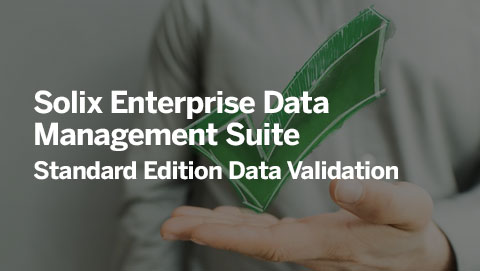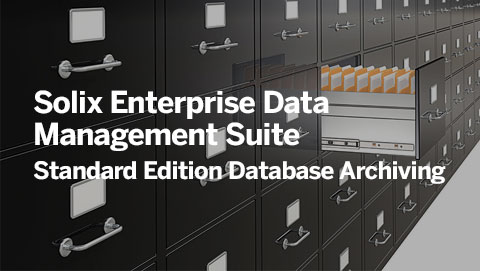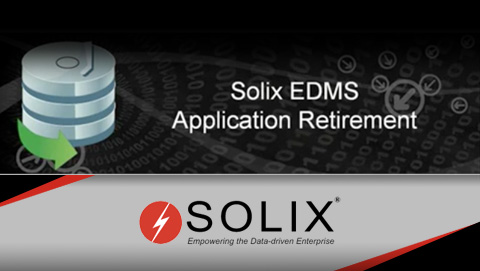Metadata Management
What is Metadata Management?
Metadata management is the process of organizing, controlling, and using metadata to enhance the understanding, usability, and value of an organization’s data assets.
What is Metadata?
Metadata, in this context, refers to descriptive information about data or other information resources. It provides context, structure, and meaning to data, making it easier to understand, locate, and use.
Broadly, Metadata can be divided into three categories:
- Descriptive Metadata
This type of metadata refers to the names, titles, keywords, abstracts, etc, which aids in the identification and discovery of assets, helping the user understand the nature of data.
- Structural Metadata
This describes the relationships and organization of different components within a dataset, defining how individual pieces of data are connected or grouped and providing a framework for understanding the data’s structure. In a relational database, structural metadata may include details on tables, fields, and their relationships.
- Administrative Metadata
Administrative metadata focuses on the technical and managerial aspects of data management. It includes information such as data creation dates, ownership, access controls, and version history.
Key benefits of good Metadata Management practices
Effective metadata management can benefit your data platform in the following ways:
- Improved Data Discovery and Search
- More accurate decision-making and data-driven insights
- Effective Regulatory Compliance
- Increased collaboration and knowledge sharing
- Better implementation of Data Governance policies
Best Practices for Metadata Management
Effective Metadata Management is essential for maximizing the value of organizational data. Implementing the following best practices ensures that metadata is well-organized, consistently applied, and serves its intended purposes:
- Standardisation of Metadata
Create a Metadata Schema: Develop a standardized framework for organizing and categorizing metadata elements. This schema ensures consistency across datasets and promotes uniform understanding.
Use Controlled Vocabulary: Implement controlled vocabularies and standardized naming conventions to ensure clarity and consistency in metadata terms. This simplifies searches and promotes accurate data retrieval.
- Collaboration and Communication
Involve Stakeholders: Engage all relevant stakeholders, including data producers, consumers, and IT teams, in the metadata creation process. This collaborative approach ensures that diverse perspectives are considered.
Establish Clear Communication Channels: Facilitate open communication channels to address any questions or concerns related to metadata. Regular meetings, documentation, and training sessions can enhance understanding and cooperation.
- Regular Audits and Updates
Conduct Periodic Audits: Regularly review and audit existing metadata to identify inconsistencies or outdated information. This process ensures that metadata remains accurate and relevant as data evolves.
Implement Change Management: Establish a change management process to track and document modifications to metadata. This ensures transparency and helps prevent unintentional errors or data misinterpretation.
- Integration with Data Governance
Align with Data Governance Policies: Ensure that metadata management practices align with broader data governance policies. This includes compliance with regulatory requirements, privacy standards, and security protocols.
Define Ownership and Accountability: Clearly define roles and responsibilities for metadata creation, maintenance, and oversight. Assign ownership to individuals or teams to enhance accountability.
- Documentation and Metadata Discovery
Document Metadata Policies: Clearly document metadata policies, procedures, and standards. This documentation serves as a reference for users and helps maintain consistency in metadata practices.
Facilitate Metadata Discovery: Implement tools and mechanisms for users to discover and understand available metadata easily. User-friendly interfaces and search functionalities enhance the overall usability of metadata resources.
By adhering to these best practices, organizations can establish a robust Metadata Management framework. This, in turn, ensures that metadata is accurate, consistent, and accessible, ultimately supporting informed decision-making and maximizing the value of organizational data.
Why should your Data Platform have robust Metadata Management?
Metadata serves as the backbone of data governance, providing essential information about the content, structure, and context of the stored data.
Data platforms typically house vast and diverse datasets, and metadata acts as a guide, enabling users to discover, understand, and trust the available information. Good metadata management facilitates efficient data search and retrieval, allowing organizations to derive valuable insights more rapidly.
Additionally, robust metadata management enhances data lineage and provenance, enabling a clear understanding of the data’s origin and transformations. This not only improves data quality but also ensures compliance with regulatory requirements.
Ultimately, a well-managed metadata system in a data lake promotes transparency, collaboration, and the overall reliability of the stored information, empowering organizations to make informed decisions based on a solid foundation of well-understood and well-documented data.





